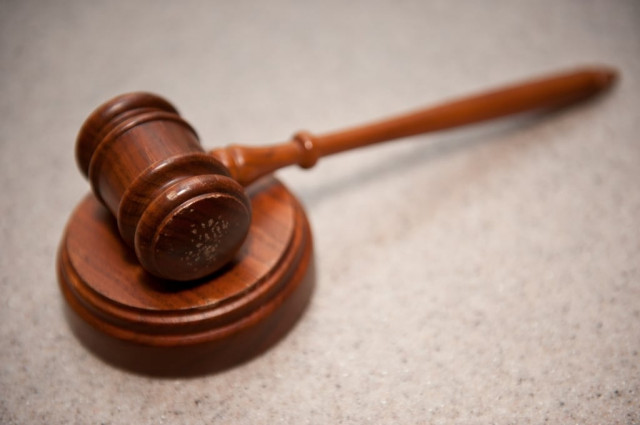Know your rights: Rights of a Witness
A person shall not be competent to testify if he has been convicted by a court for perjury or giving false evidence.

Know your rights: Rights of a Witness
Legal dictionaries define a witness as such an individual who provides evidence at a legal proceeding. A person who gives testimony under oath in court, concerning what they have seen, heard or otherwise observed is considered to be a witness. Each party has the right to produce witnesses unless the law stipulates otherwise.
Qanoon-e-Shahadat
Section 3 of the Qanoon-e-Shahadat Order 1984 defines witnesses as “all persons...competent to testify unless the court considers that they are prevented from understanding the questions put to them or from giving rational answers to those questions, by tender years, extreme old age, disease, whether of body or mind, or any other cause of the same kind.”
It further reads that a person shall not be competent to testify if he has been convicted by a court for perjury or giving false evidence.
Public interests
Section 7 of the order states “no public officer shall be compelled to disclose communications made to him in official confidence, when he considers public interests would suffer by the disclosure.”
Witness protection
Not everyone feels comfortable or safe enough to come forward and testify. In many cases, people witness a crime but fear to record a statement because they fear being dragged into the case.
Advocate Anwer Zab, who practices law at the high and lower courts in Peshawar, agrees witnesses are often reluctant to record a statement, even if they saw the act in question.
“Generally, people do not report evidence, especially when it is related to a crime. Police personnel are usually the ones who end up being witnesses in many cases,” said Zab.
Article 14 (1) in the Constitution says the dignity of man and, subject to law, the privacy of home, shall be inviolable. Section 2 of the article goes on to say that no person shall be subjected to torture for the purpose of extracting evidence. This lays the groundwork for protecting a witness.
The Sindh government has passed the Sindh Witness Protection Bill 2013. It defines in Section 2 (h) the word protection to mean the protection provided to a witness. This includes relocation or change of identity or other related assistance or services provided to the protected person.
The bill also calls for the setting up of a witness protection unit under the home department to be headed by the Sindh AIG Crime Investigation Department. The AIG would also double as the chief witness protection officer.
Section 15 of the Sindh Witness Protection Bill states a witness protection officer will sign an agreement with a potential witness, outlining protection protocols and the rights of said witness. It goes on to add the government will not keep a witness under protection in any prison or police cell, unless otherwise agreed upon. A witness in protection should also be able to meet all his or her legal obligations, including any custody and maintenance of children, and taxation.
The bill states the court may order witness protection if it is satisfied that the person is endangered by virtue of being a witness.
Published in The Express Tribune, July 23rd, 2014.
Like Business on Facebook, follow @TribuneBiz on Twitter to stay informed and join in the conversation.



















COMMENTS
Comments are moderated and generally will be posted if they are on-topic and not abusive.
For more information, please see our Comments FAQ